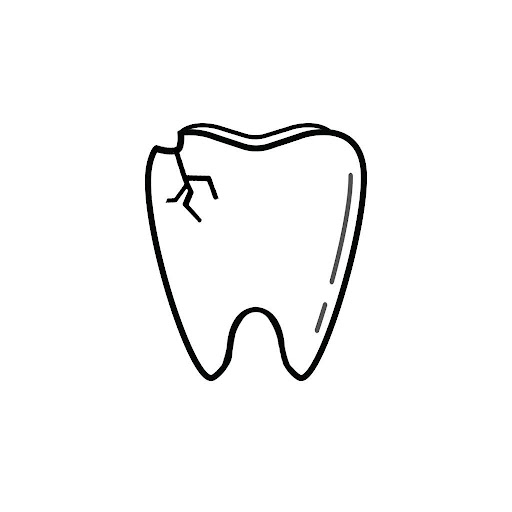
When it comes to maintaining excellent oral health, your dietary choices play a significant role. By prioritizing certain foods while limiting others, you can promote a lifetime of healthy smiles. Here’s a breakdown of the top five best and worst foods for your teeth, as recommended by our team at Dentist Onawa.
Best Foods for Your Teeth
- Cheese and Dairy Products: Rich in calcium and protein, dairy products like cheese, milk, and yogurt strengthen tooth enamel, promoting dental health.
- High-Fiber Foods: Foods high in fiber, such as leafy greens, beans, and fresh fruits, stimulate saliva production, which helps wash away bacteria and fight decay.
- Water: Opt for water as your primary beverage choice. Water rinses away food particles and sugars while keeping saliva levels high, promoting oral hygiene.
- Sugar-Free Gum: Chewing sugar-free gum, endorsed by the American Dental Association (ADA), increases saliva flow, which protects teeth. It also helps clean up food particles after meals.
- Lean Protein: Foods like eggs, fish, chicken, and red meats are rich in phosphorus, aiding the body’s absorption of calcium for stronger teeth.
Worst Foods for Your Teeth
- Acidic Foods: Citrus fruits, wine, and candy contain acids that erode tooth enamel, leading to tooth decay and erosion.
- Sodas: Soft drinks are high in sugar and acidity, both of which are harmful to teeth. Limit your soda consumption to protect your dental health.
- Sports Drinks: While sports drinks may aid in rehydration, they often contain high sugar content, posing a risk to tooth enamel. Choose water instead.
- Alcohol: Alcohol dries out the mouth, reducing saliva production and increasing the risk of decay. It can also stain teeth over time.
- Sticky or Sugary Candies: Sugary candies contribute to tooth decay and should be consumed in moderation. Rinse your mouth with water after indulging to wash away the sugar.
By making mindful dietary choices and minimizing your consumption of harmful foods, you can safeguard your oral health. Additionally, regular cleanings and exams at Family 1st Dental – Onawa will help keep your smile bright and healthy. Contact our office today to schedule your next appointment and maintain optimal dental hygiene.













